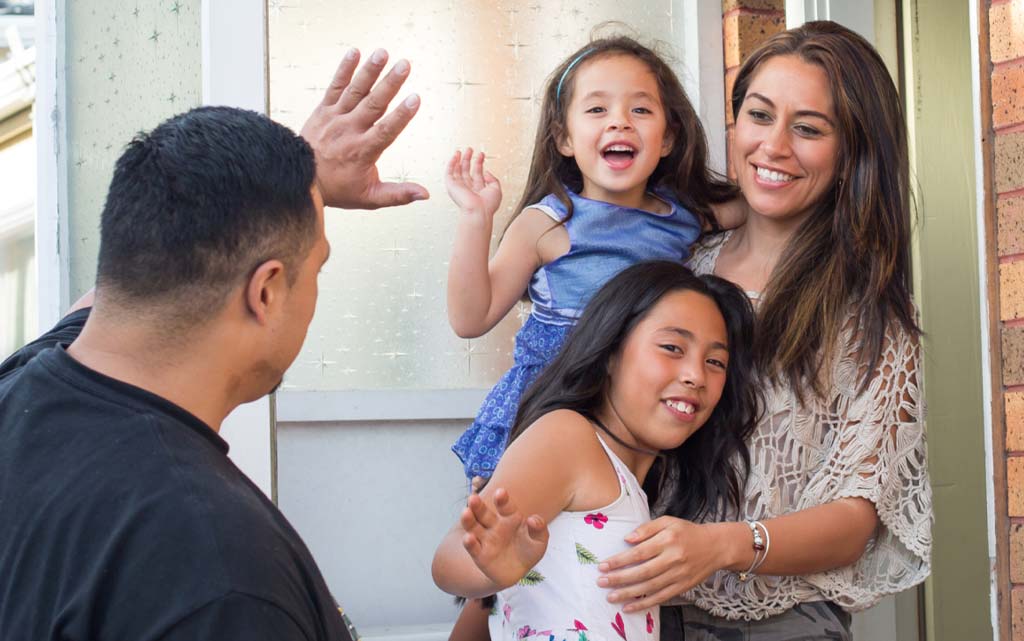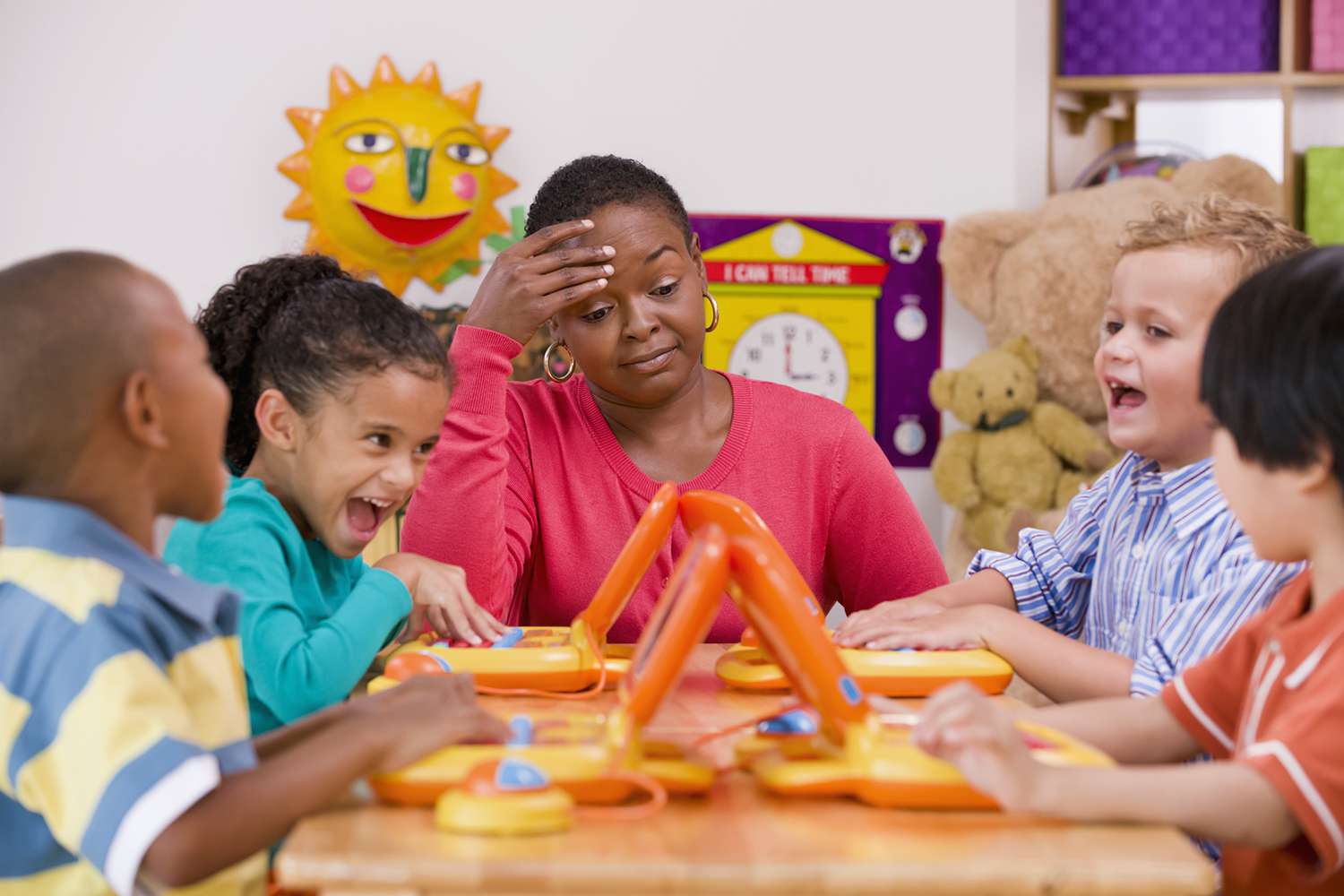Triumphs of Co-Parenting Post-Divorce: Real-Life Stories
Discover the amazing triumphs of co-parenting post-divorce through real-life stories. Witness how parents overcome challenges with strength and dedication, creating a positive environment for their children. By setting healthy boundaries, maintaining effective communication, and coordinating schedules, they build a strong co-parenting relationship. Celebrating milestones together and supporting each other’s parenting styles showcase the resilience and unity achieved. These stories demonstrate the transformative power of mutual respect, trust, and conflict resolution. Learn more about the strategies and successes that can inspire you to embrace co-parenting post-divorce.
Key Takeaways
- Successfully celebrating milestones together fosters unity and lasting memories.
- Demonstrating mutual respect and understanding enhances co-parenting relationships.
- Effective communication and conflict resolution build a strong co-parenting foundation.
- Supporting different parenting styles creates cohesive approaches for children’s benefit.
- Consistency in parenting and setting boundaries provides stability and structure.
Setting Healthy Boundaries

Establishing clear and respectful boundaries is essential for successful co-parenting post-divorce. Healthy boundaries serve as the foundation for a cooperative and harmonious co-parenting relationship. Setting these boundaries requires mutual respect and understanding from both parties.
Boundary enforcement is pivotal in ensuring that each parent’s role is defined and respected. It involves clearly outlining responsibilities, schedules, and decision-making processes. By enforcing these boundaries, you create a sense of structure and stability for your children, promoting their well-being and emotional security.
Communication strategies play an important role in maintaining healthy boundaries. Open and honest communication is key to addressing any challenges or conflicts that may arise.
It’s important to express your needs and concerns respectfully while also being receptive to the other parent’s perspective. Effective communication fosters cooperation and understanding, allowing both parents to work together towards the common goal of co-parenting successfully.
Effective Communication Strategies

Consistently practicing effective communication is crucial for fostering a cooperative co-parenting relationship post-divorce. Active listening and open dialogue are key components in ensuring that both parents feel heard and understood.
When engaging in discussions with your co-parent, make a conscious effort to truly listen to their perspective without interrupting or formulating a response in your mind before they finish speaking. This shows respect and can lead to more productive conversations.
Conflict resolution and compromise tactics are also essential skills to cultivate. Approaching disagreements with a willingness to find mutually beneficial solutions can prevent unnecessary tension and create a more harmonious co-parenting dynamic.
Remember that compromising doesn’t mean sacrificing your own needs entirely but rather finding middle ground that accommodates both parties’ concerns.
Coordinating Parenting Schedules
When it comes to co-parenting post-divorce, coordinating parenting schedules can be a challenge. However, by utilizing a shared calendar, you can streamline the process and guarantee both parents are on the same page.
Shared Calendar Benefits
To effectively navigate co-parenting post-divorce, utilizing a shared calendar can greatly benefit in coordinating parenting schedules smoothly and efficiently. Co-parenting comes with its challenges, but with the right tools and strategies, you can make it work.
One key tip is to set up a shared calendar where both parents can input their schedules, appointments, and important dates. This way, you both stay informed and organized, reducing confusion and potential conflicts.
Communication Key Success
Utilizing effective communication is the key to successfully coordinating parenting schedules post-divorce. When it comes to conflict resolution, open and honest communication is essential. Addressing conflicts calmly and respectfully can prevent misunderstandings and promote a healthy co-parenting relationship.
Essential building is another critical aspect of coordinating parenting schedules. By consistently communicating and following through on agreements, you can build trust with your co-parent. This trust forms the foundation for effective collaboration and smooth scheduling arrangements.
Sharing a child’s schedule requires clear and consistent communication. Be proactive in discussing any changes or adjustments that may arise. Keep each other informed about important events, school activities, or appointments that may impact the schedule. By staying transparent and responsive, you can minimize confusion and prevent potential conflicts.
Flexibility in Planning
Maintaining a spirit of adaptability is essential when coordinating parenting schedules post-divorce. When managing custody arrangements and parenting responsibilities, being flexible can help ease the change for both you and your children. Remember, schedules may need to be adjusted from time to time to accommodate unexpected events or changes. It’s important to communicate openly with your co-parent and work together to find solutions that prioritize the well-being of your children.
Flexibility in planning is about understanding that life is unpredictable, and sometimes adjustments are necessary. By approaching scheduling with a cooperative mindset, you can create a more harmonious co-parenting dynamic. Consider creating a shared calendar or using co-parenting apps to stay organized and keep each other informed about any changes.
Ultimately, by embracing flexibility in planning, you can demonstrate to your children the importance of cooperation and understanding in challenging situations. Your willingness to adapt and compromise won’t go unnoticed, and it can pave the way for smoother co-parenting interactions in the future.
Nurturing a Positive Co-Parenting Environment

Creating a nurturing and positive co-parenting environment after divorce requires open communication and a shared commitment to prioritize the well-being of your children. Conflict resolution and trust-building are essential components in fostering a healthy dynamic between co-parents. It’s important to address disagreements calmly and respectfully, focusing on finding solutions that benefit the children above all else.
Consider attending co-parenting workshops or seeking therapy support together to improve communication and develop effective strategies for co-parenting successfully. These resources can provide valuable tools and insights into managing the complexities of post-divorce co-parenting.
Celebrating Milestones Together
Celebrate milestones together by acknowledging and honoring special moments in your children’s lives, fostering a sense of shared joy and unity despite the challenges of divorce. Joint celebrations create lasting memories for your children, solidifying the idea that despite changes in family dynamics, both parents are there to support and cheer for them.
Whether it’s a graduation, a sports win, or a school play, coming together to celebrate these milestones sends a powerful message of love and unity.
Coordinated achievements aren’t just about the children; they also reflect the successful partnership between co-parents. By sharing in these moments, you demonstrate to your children that even though the family structure has changed, their parents are still a team.
Shared successes pave the way for a positive co-parenting relationship, showing that despite any past differences, you both prioritize your children’s happiness and well-being above all else. Embrace these milestone memories as opportunities to showcase the strength of your co-parenting bond.
Supporting Each Other’s Parenting Style

Recognizing the fact that you and your co-parent may have different parenting styles is crucial.
By aligning your parenting approaches and showing mutual respect and understanding, you can create a supportive environment for your children.
Parenting Style Alignment
Supporting each other’s parenting style can foster a harmonious co-parenting dynamic post-divorce. When aligning on parenting values and maintaining discipline consistency together, you create a stable and nurturing environment for your children.
By showing respect for each other’s approaches, you demonstrate to your children the importance of unity even in times of change.
Parenting values play a significant role in shaping your children’s beliefs and behaviors. When both parents are on the same page regarding values like honesty, kindness, and responsibility, it provides a consistent foundation for your children to grow and thrive upon.
Consistency in discipline is also essential; presenting a united front when it comes to setting boundaries and consequences helps avoid confusion and manipulation.
Acknowledging and supporting each other’s parenting style, even if different from your own, can lead to a more effective co-parenting relationship. Embrace the unique strengths each of you brings to the table, and work together to create a cohesive parenting approach that benefits your children’s well-being and happiness.
Mutual Respect and Understanding
Embracing and valuing each other’s unique parenting approaches can strengthen your co-parenting bond and create a nurturing environment for your children. Trust building and conflict resolution are key components in supporting each other’s parenting style. By demonstrating mutual respect and understanding, you lay the foundation for effective co-parenting post-divorce.
When you trust and respect your co-parent’s decisions, you show your children the importance of unity and cooperation. This trust forms the basis for open communication and collaboration, fostering a harmonious environment where your children can thrive.
Conflict resolution is inevitable in any co-parenting relationship. However, approaching disagreements with empathy and a willingness to compromise can turn conflicts into opportunities for growth. By actively listening to each other’s perspectives and finding common ground, you model healthy conflict resolution for your children.
Frequently Asked Questions
How Do You Handle Introducing New Partners to Your Co-Parenting Dynamic?
When introducing new partners to your co-parenting dynamic, managing boundaries and communication strategies are key. Be open and honest with your ex-spouse, establish clear expectations, and prioritize the well-being of your children above all else.
What Are Some Tips for Managing Disagreements About Discipline Between Co-Parents?
When managing disagreements about discipline with your co-parent, remember to set consistent boundaries. Effective communication is key to presenting a united front to your children. Finding compromise and flexibility together can lead to better outcomes.
Is It Common for Co-Parents to Attend Family Events Together?
It’s understandable to wonder about co-parents attending family events together. Setting clear co-parenting boundaries is key. Some find it works well to navigate social gatherings as a team, prioritizing the kids’ experience over any discomfort.
How Do You Navigate Differences in Financial Responsibilities When Co-Parenting?
Managing financial responsibilities in co-parenting involves establishing clear budgeting boundaries and aiming for financial fairness. Communicate openly, consider each other’s circumstances, and focus on the well-being of your children. Together, you can find solutions that work for everyone.
What Are Some Ways to Handle Conflicts With Extended Family Members in a Co-Parenting Situation?
When dealing with conflicts with extended family members in co-parenting, it’s essential to set boundaries and communicate openly. Seeking therapy or mediation can provide valuable support in maneuvering through these challenging situations, fostering understanding and cooperation.
Conclusion
To sum up, maneuvering through the ups and downs of co-parenting post-divorce is no easy feat, but these stories of triumph show that it’s possible to create a positive and healthy environment for your children.
By setting boundaries, communicating effectively, coordinating schedules, and supporting each other’s parenting styles, you can create a successful co-parenting relationship that benefits everyone involved.
Remember, you aren’t alone in this journey, and with dedication and understanding, you can create a bright future for your children.

Chad Adan Kace, a young dad from Vermont, shares his parenting journey with a touch of humor and lots of love. Father to a lively baby, he explores the joys and challenges of fatherhood through his stories.







